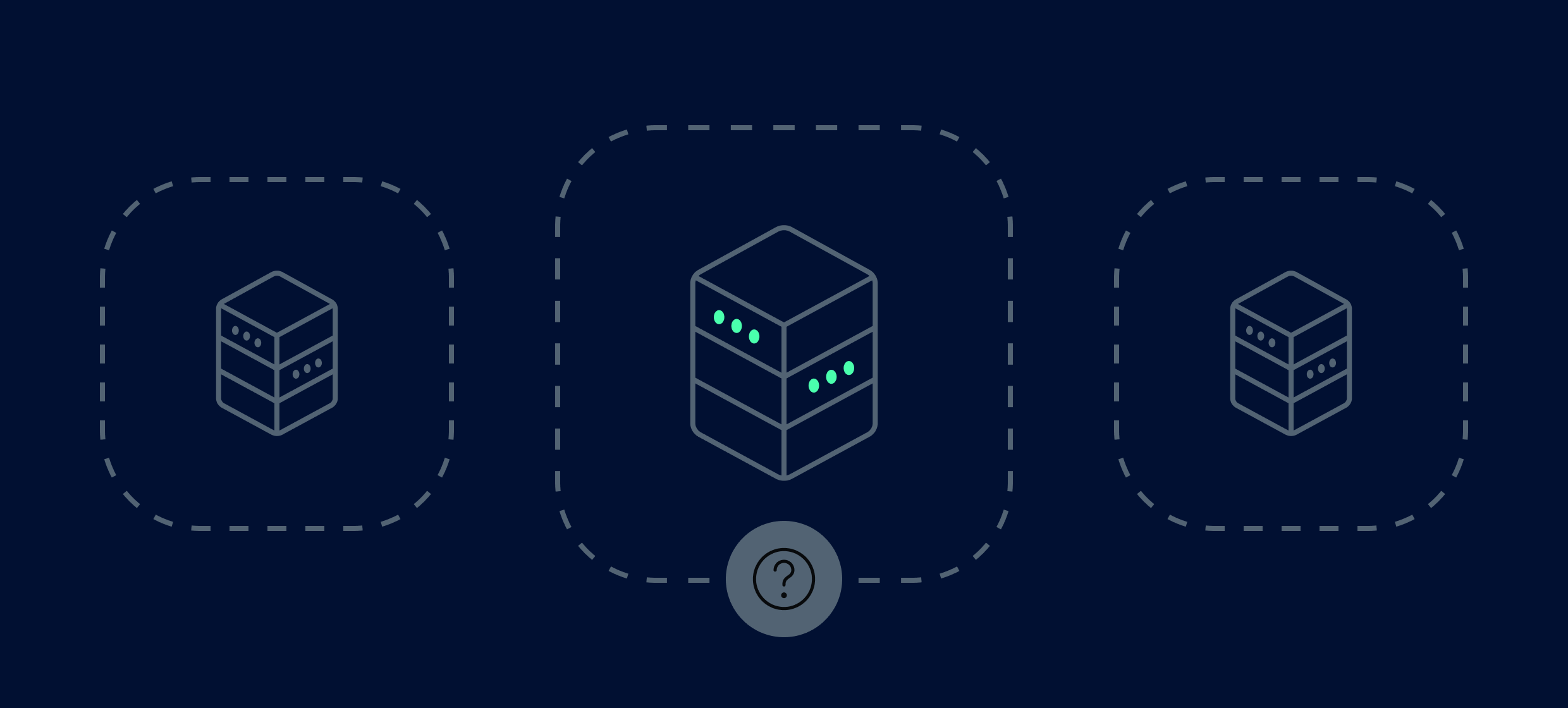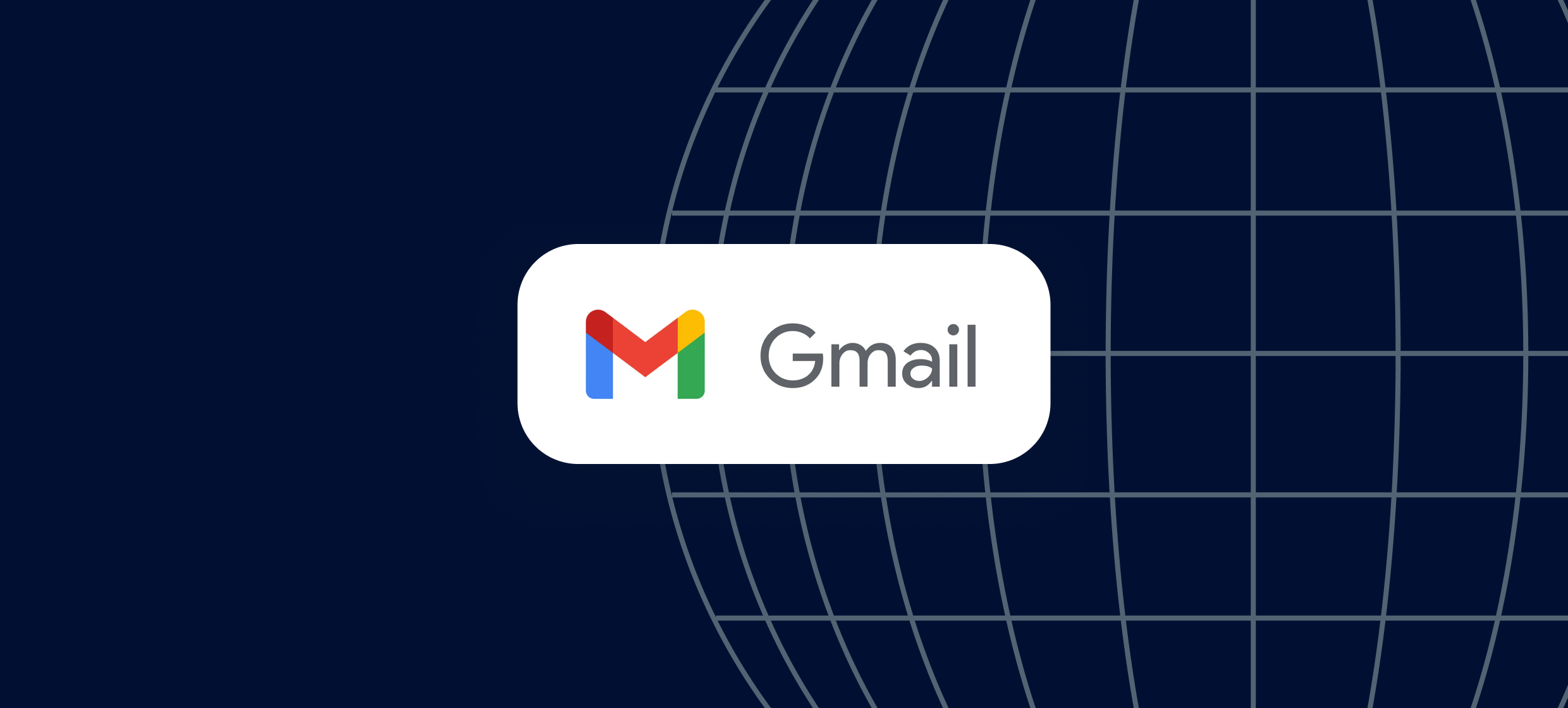What is an Anonymous Proxy?
An anonymous proxy works as a middleman between your device and websites you visit, making your internet activity impossible to trace. This proxy server, also called an anonymizer, hides your identifying details like IP addresses, location, and personal information to keep your privacy intact.
The proxy server talks to websites on your behalf. Your personal information gets stripped from requests before they reach their destination. The target website sees the proxy server as the request source instead of your actual device.
Anonymous proxies route all internet traffic through their servers. Your digital footprint becomes masked completely, and you appear as just another anonymous user to any destination server. The web server can't track any personal details about who made the request originally.
These proxies aim to give you online security and anonymity. They change network traffic and HTTP headers to protect your identity. This privacy shield stops websites, advertisers, and bad actors from collecting your personal data or monitoring what you do online.
Anonymous proxies do more than just provide simple anonymity. Users can protect themselves from identity theft and bypass censorship in restricted countries. You can access your home content even when it's blocked elsewhere. The proxies also help users get unbiased content by stopping IP-based targeting.
Any proxy server can work as an anonymous proxy. The anonymity level changes a lot based on which type you use. Many users choose between datacenter proxies, residential, or mobile pools depending on goals. Different proxy anonymity tiers match users' unique priorities. A transparent proxy handles website traffic without hiding your IP address, while elite proxies give you much better privacy if that's what matters most.
These services create a privacy wall between you and the internet. You get a secure and private online experience while your digital identity stays hidden from tracking or monitoring.
How Does an Anonymous Proxy Server Work?
Anonymous proxy servers work as middlemen between users and the internet. They create an intermediary connection that catches browsing requests before reaching their destination. This setup is the foundation of how these privacy tools work.
A user starts by sending a request to visit a website. The request doesn't go straight to the target server but first passes through the proxy server. The proxy gets into the request headers and changes or removes any information that could reveal who the user is.
The proxy server then takes a crucial step - it swaps out the user's original IP address with its own. This swap hides the user's real network identity from both the website and anyone trying to intercept the connection. The proxy then sends this modified request to the target website.
The destination server thinks the request came from the proxy server and doesn't know about the real user. It sends its response back to the proxy, which then passes it along to the user's device. The user's real IP address stays hidden from the website throughout this process.
Users can boost their privacy by connecting multiple proxies in a chain. This setup routes traffic through several proxy servers one after another. This is a big deal as it means that anyone trying to track the traffic needs to monitor different parts of the internet. Each proxy adds another layer between users and the websites they visit.
Different proxies support different protocols. Some only work with HTTP, while others can handle various protocols through tunneling technologies. Common options include http proxies, SOCKS, PPTP, or OpenVPN. These protocols determine what kinds of internet traffic the proxy can handle and which apps it works with. For high-trust infrastructure tied to real providers, many teams use ISP proxies; for exclusive control, private proxies provide dedicated IPs and consistent performance.
Proxies can protect privacy in different ways. High-security proxies keep minimal or no logs to boost protection. Elite proxies go further by hiding all signs that they're acting as intermediaries. This makes connections look just like direct ones.
Types of Anonymous Proxies
Proxy servers fall into three distinct categories based on how well they protect your identity and privacy.
Elite Proxy
Elite proxies, also known as high anonymity proxies, give you the best privacy protection possible. These proxies wipe away all identifying information from HTTP headers. They hide your IP address completely and make sure nobody can tell you're using a proxy. Elite proxies remove important headers from requests like Authorization, From, Proxy-Authorization, Via, and X-Forwarded-For. This makes elite proxies look just like regular users who connect to the internet directly. Their stealth capabilities make them great at getting past anti-bot systems on well-protected websites.
Anonymous Proxy
Anonymous proxies, also called semi-transparent or distorting proxies, sit in the middle ground for privacy. They hide your original IP address but leave some signs that show you're using a proxy. Most anonymous proxies put a fake IP in place of yours in the X-Forwarded-For header. The Via header stays in place, which shows that someone is using a proxy server. This setup works fine for everyday browsing, but websites with tough anti-proxy measures might block you.
Transparent Proxy
Transparent proxies don't give you much privacy, despite what their name suggests. These proxies openly show that you're using them and often reveal your real IP address. They keep your IP visible in the X-Forwarded-For header and show the proxy's IP in the Via header. People often call them "forced proxies" or "intercepting proxies" because users don't know they're there. You'll find them in company networks, schools, and public Wi-Fi spots where they filter content, watch traffic, and save bandwidth through caching. Companies use these proxies to limit website access, check user identity on public networks, and keep an eye on how employees use the internet.
Common Use Cases for Anonymous Proxies
Anonymous proxies serve many practical purposes beyond simple privacy protection. These specialized servers help users overcome common online challenges.
Bypassing geo-restrictions
Anonymous proxies let users access content restricted to specific regions. They route traffic through servers in allowed locations. Users can watch streaming platforms, read news sites, and use other services whatever their location. Many online platforms block access based on user location due to licensing deals, copyright rules, and local laws. Users can get around these blocks by connecting through a proxy in a country where the content is available.
Web scraping and data collection
Companies and researchers employ anonymous proxies to gather data from multiple sources automatically. These proxies stop IP bans during web scraping by sending requests from different IP addresses. This makes scraping look like real visits from different users instead of automated collection. Companies often use this method to track market trends, monitor prices, and analyze competitors. For heavy workloads, choosing plans with no traffic caps—such as unlimited bandwidth proxies—helps avoid throttling.
Avoiding targeted ads
Anonymous proxies protect users from invasive ad tracking. Google tracks about 76% of all online traffic, so many people want protection from this surveillance. Proxies hide browsing patterns by masking the user's real location and identity. Advertisers can't build detailed profiles this way. Users see random ads instead of individual-specific advertisements.
Accessing blocked content at work or school
Schools and workplaces block many websites with content filtering systems. Anonymous proxies create a path around these restrictions by sending requests through external servers. This gives access to resources that restricted networks usually block.
Protecting identity on public Wi-Fi
Public Wi-Fi networks pose serious security risks like data theft, malware, and identity theft. Attackers can easily capture sensitive data packets on unsecured networks. Anonymous proxies add a security layer by hiding the user's real IP address. This reduces the risk from cybercriminals who monitor public networks.
(For reliability and support, consider reputable paid proxy servers instead of risky free options.)
FAQs
What is the primary purpose of an anonymous proxy?
An anonymous proxy serves as an intermediary between your device and the internet, concealing your IP address and location to protect your online privacy and make your internet activity untraceable.
How does an anonymous proxy server work?
An anonymous proxy server intercepts your browsing requests, removes or alters identifying information, replaces your IP address with its own, and then forwards the modified request to the target website. This process effectively masks your digital identity from the websites you visit.
What are the different types of anonymous proxies?
There are three main types of anonymous proxies: Elite proxies offer the highest level of anonymity by completely concealing your identity, Anonymous proxies hide your IP but reveal proxy usage, and Transparent proxies provide minimal anonymity and are often used in corporate or educational settings.
Is it legal to use an anonymous proxy?
Using an anonymous proxy for general privacy protection and browsing is legal. However, using it for illegal activities such as cybercrime or accessing prohibited content is against the law.
What are some common use cases for anonymous proxies?
Anonymous proxies are commonly used for bypassing geo-restrictions on content, web scraping and data collection, avoiding targeted ads, accessing blocked content in restricted networks, and protecting one's identity when using public Wi-Fi networks.






















.svg)